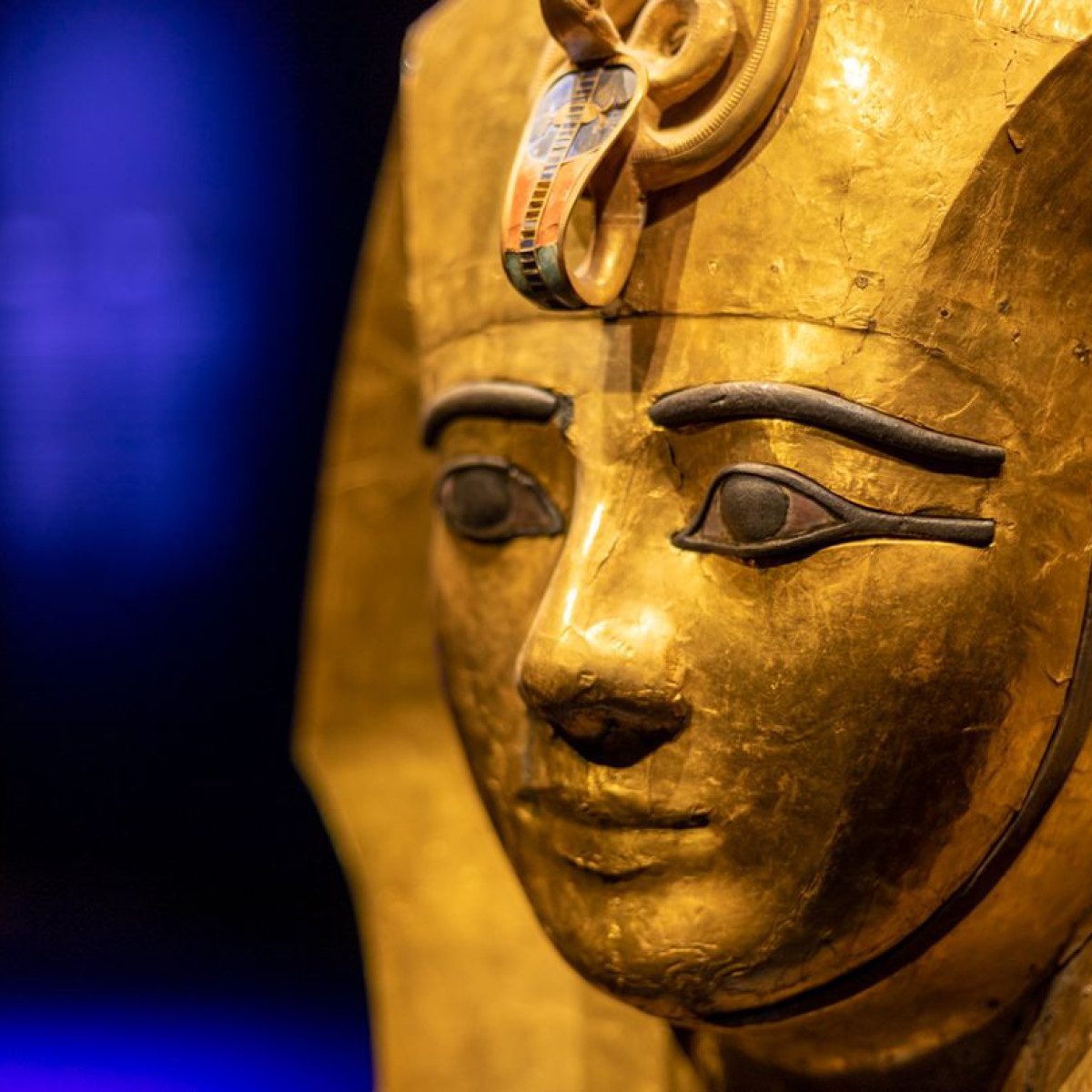King of Egypt: A Journey Through Time 2025:
Table des matières
ToggleKing of Egypt: A Journey Through Time 2025
Le King of Egypt evokes images of majestic pyramids, golden treasures, and a rich history spanning millennia. The pharaohs who ruled ancient Egypt were not only political leaders but also religious and cultural icons. In this blog post, we explore the fascinating world of the Egyptian kings, their role in history, and their influence on modern culture.
The Role of the Pharaohs – Kings of Egypt as Divine Leaders
Les dirigeants divins
The kings of Egypt, known as pharaohs, were worshipped as living gods. They were believed to be the intermediaries between the gods and the people, entrusted with maintaining Maât—the concept of truth, balance, and cosmic order. Their reigns were divinely legitimized, and they often carried titles like “Son of Ra” or “Lord of the Two Lands,” highlighting their sacred status.
This divine connection gave them extraordinary power and justified their monumental building projects and decisions. Their leadership was seen not just as governance, but as a holy duty with cosmic significance.
Political and Economic Power
As heads of state and religion, the Rois d'Égypte had absolute control. They commanded armies, controlled land and water, directed agriculture, and oversaw the collection of taxes and tribute. Pharaohs also organized massive public works, including the construction of temples, tombs, and pyramids, often as acts of devotion and to immortalize their reigns.
Their central role in the economy helped ensure prosperity and stability, and they were often judged in history by their contributions to Egypt’s wealth and influence.
Famous Kings of Egypt: Legendary Pharaohs Through Time
Tutankhamun – The Boy King
Tutankhamun, known worldwide as the Boy King, became pharaoh at around 9 years old. His reign may have been brief, but his tomb, discovered in 1922 by Howard Carter, captivated the world with its treasures and nearly untouched state.
Among his golden mask, chariots, and royal ornaments, archaeologists found a glimpse into everyday life and belief in the afterlife. His fame has endured for over a century, making him a global symbol of ancient Egypt.
Ramses II – Pharaoh of Power
Ramses II, also known as Ramses the Great, ruled for 66 years and is one of the most revered Rois d'Égypte. He was a master builder, military leader, and diplomat. He signed the world’s first known peace treaty with the Hittites and left behind architectural marvels like the Abu Simbel temples.
His statues still stand tall across Egypt, reminding us of his legacy as a builder and warrior who defined an era.
The King of Egypt in Modern Culture and Legacy
Egyptology: Unlocking the Secrets of the Pharaohs
Le Rois d'Égypte have inspired generations of explorers and scholars. The modern study of Egyptology began with the decoding of the Rosetta Stone and continues today through high-tech scans of tombs and archaeological digs.
Each new discovery about ancient pharaohs deepens our understanding of one of history’s most advanced civilizations. Museums around the world house relics of Egyptian kings, preserving their legacy and showcasing their accomplishments.
Pop Culture and Timeless Appeal
Pharaohs and the idea of a powerful King of Egypt remain hugely influential in films, books, games, and documentaries. From Hollywood blockbusters to museum exhibits, the fascination with their mystery and might shows no signs of fading.
Characters inspired by real kings like Ramses and Tutankhamun continue to ignite the imagination of millions, reinforcing their timeless cultural significance.
Conclusion: Why the Kings of Egypt Still Matter
Le Rois d'Égypte are far more than historical figures—they are symbols of power, wisdom, and enduring legacy. Their monuments still draw millions of visitors every year. Their stories are told in classrooms, echoed in movie theaters, and etched into the annals of human civilization.
Whether you’re a passionate history buff or just discovering their wonders, exploring the life and times of a King of Egypt offers a journey filled with inspiration, discovery, and awe.


